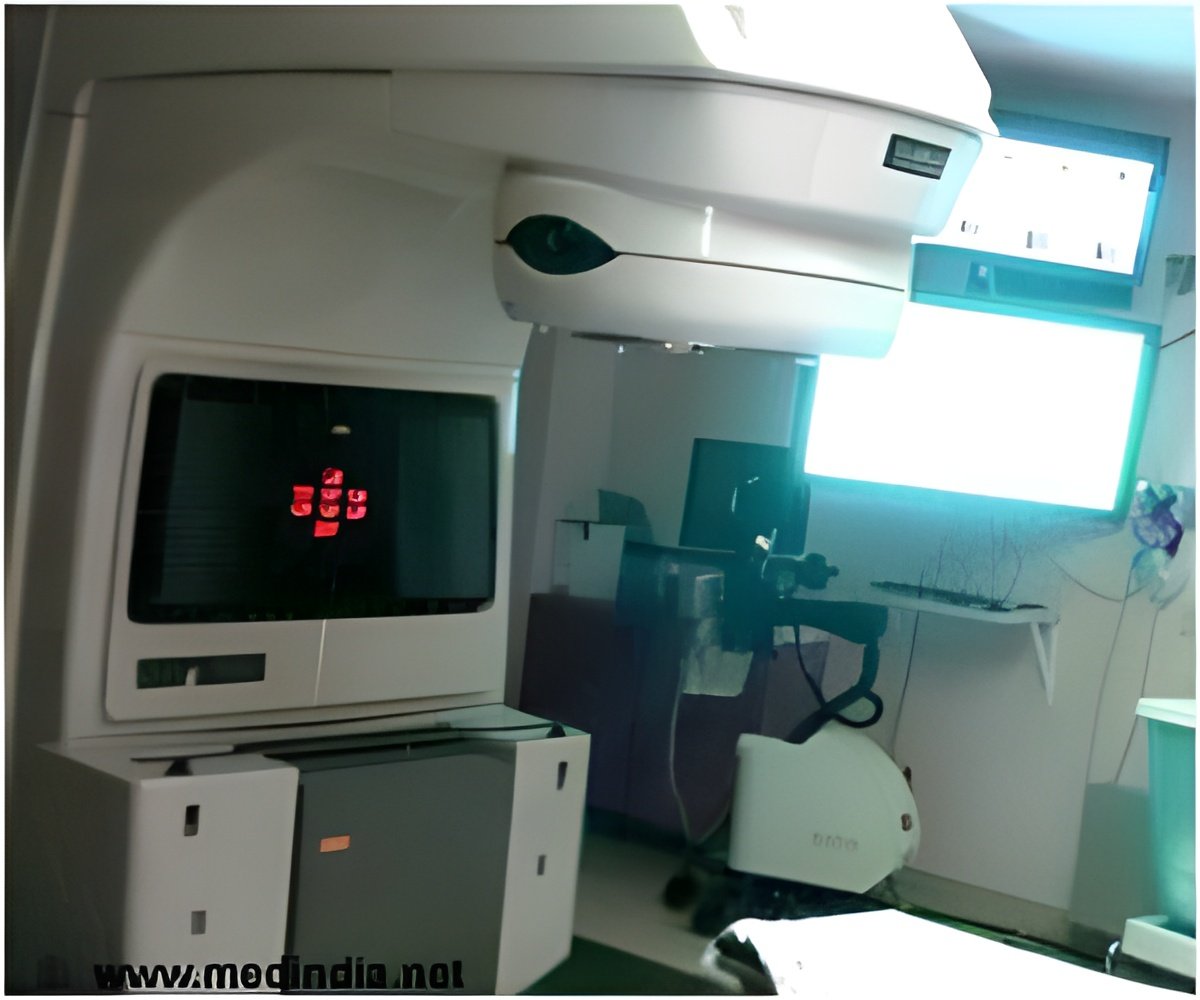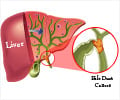A meta-analysis finds that a protein involved in the internal cell scaffold is associated with increased risk of metastasis and mortality in a range of common cancers.

The protein, fascin-1, is involved in bundling together the actin filaments which form the internal scaffolding of a cell and are involved in cell movement. Though it is absent, or only present at a low level in normal epithelial cells, several small studies have shown fascin-1 to be increased in many carcinomas, but its role in metastasis and mortality risk has been uncertain.
Researchers from the University of Bristol combined and reanalysed data from 26 studies looking at five different types of carcinomas. The meta-analysis showed that increased fascin-1 was associated with increased risk of mortality in breast, colorectal and oesophageal carcinomas but not in gastric or lung carcinoma. It was also associated with disease progression in breast and colorectal carcinoma, but not lung carcinoma. It was associated with local and distant metastasis in colorectal and gastric carcinomas but there was no involvement of fascin-1 in metastasis of oesophageal carcinomas.
These results show that the picture is not simple and that different types of cancer are affected in different ways. The story of fascin-1 not only provides a biomarker and potential avenue for research into anti-cancer therapy but also demonstrates the complexity of cancer.
Josephine Adams and Richard Martin who led this study said, "Our results show that fascin-1 is associated with several types of human carcinomas. The results will help focus further research into fascin-1 as a marker and potential target for cancer therapy to the most relevant types of carcinomas."
Source-Eurekalert
 MEDINDIA
MEDINDIA




 Email
Email






